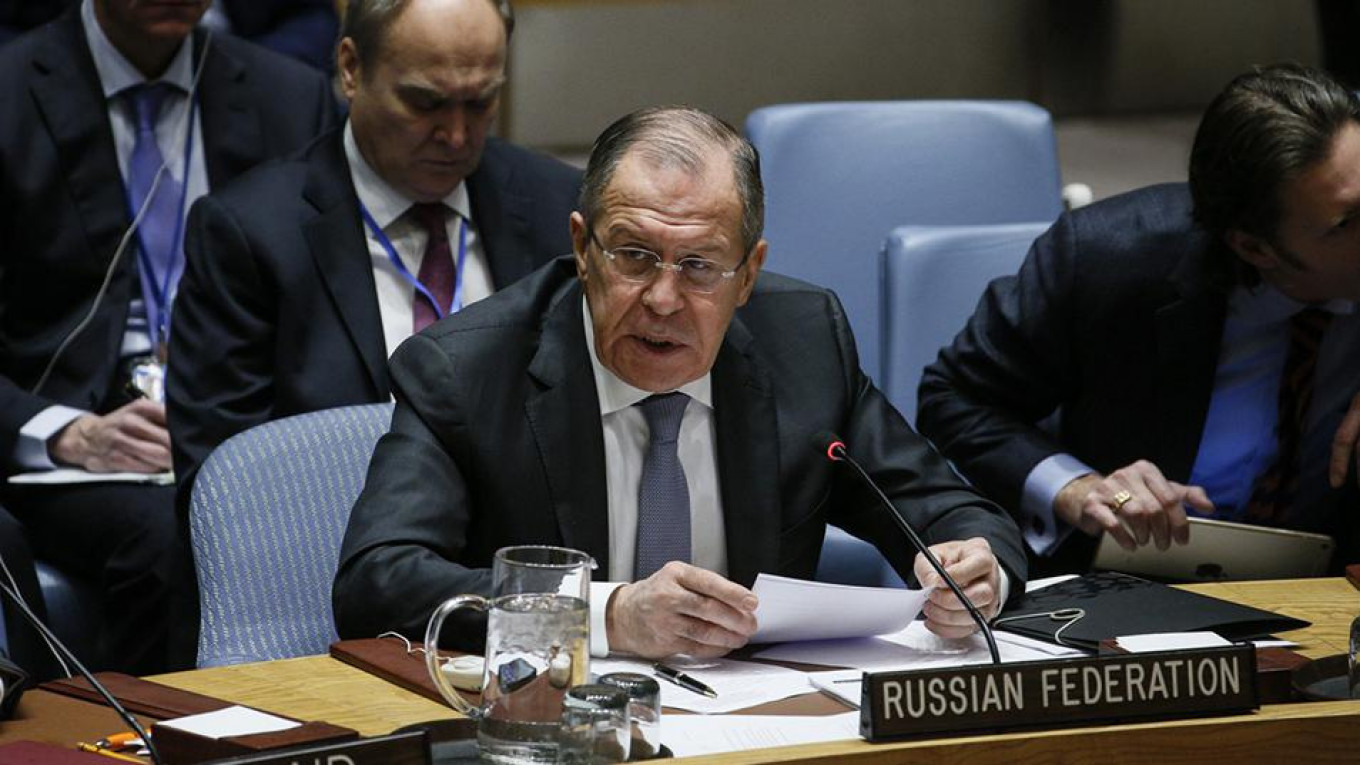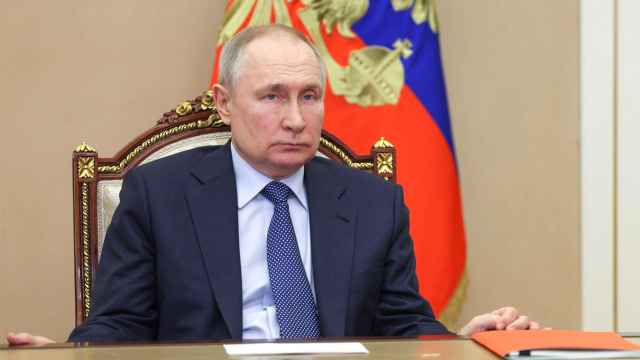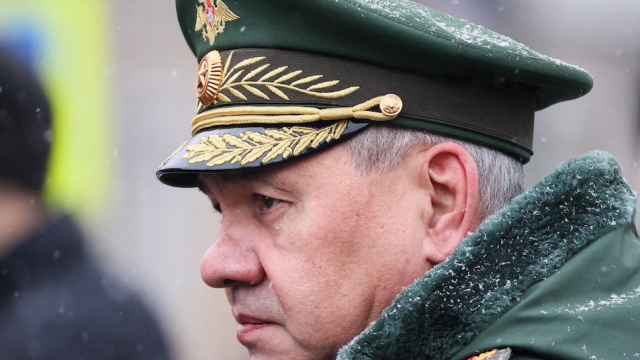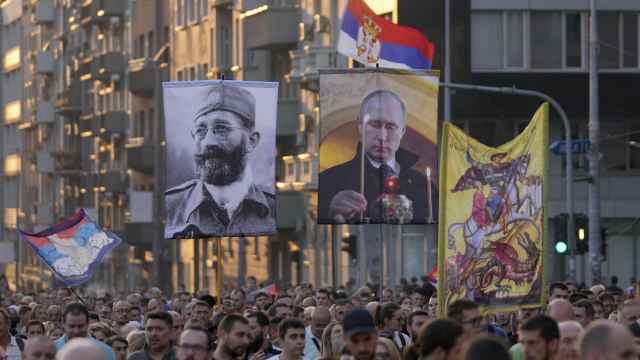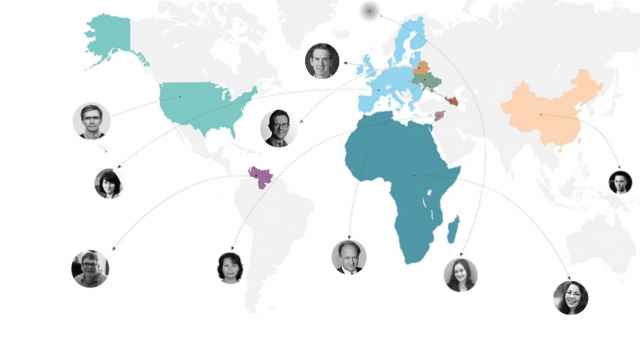The recent presidential election in Russia showed convincingly that society is firmly behind the country’s political leadership. An overwhelming majority of voters expressed confidence in, and support for, the domestic and foreign policy pursued by the government under the leadership of President Vladimir Putin.
Over the past few difficult years, Russia has managed to achieve two vitally important and closely related foreign policy goals: to ensure the country’s security in an increasingly troubled world and preserve national sovereignty and independence in adopting important international decisions.
During his election campaign, Putin repeatedly spoke of the need to make decisive breakthroughs in Russia’s social, economic and technological development. Indeed, the absence of such achievements would put Russia behind most developed countries, and in the long term, Russia might find itself on the outside of the new global economic system that is emerging before our very eyes. This new breakthrough must necessarily be rooted in Russia’s own resources, in the enormous potential the country wields — potential that has not yet been used to its fullest.
It will also need external resources, however. Countries in Europe, Asia and Latin America have managed to modernize through expanding trade and economic relations, attracting new investments and technologies, borrowing the best management practices and integrating into global technological chains.
But let us be realistic here. The world does not want to see a strong, economically and technologically successful Russia. Russia will have to carve its own niche in the highly competitive world of the future. It is a struggle that will not always be fair, as we have seen on multiple occasions over recent decades. However, giving up on this fight and hiding from the world behind a wall of protectionism and isolationism would be tantamount to throwing in the towel before the fight has even begun.
Russia’s numerous opponents and adversaries want to lock the country up in a geopolitical ghetto and, isolate it as much as possible from the rest of the world. Economically, by imposing numerous sanctions and other restrictive measures related to trade, finance and the transfer of modern technologies. Politically, by attempting to drive Russia into a corner in international organizations, from the United NationsGeneral Assembly to the Council of Europe. And strategically, by undermining the very foundation of the international arms control regime, destroying the bilateral and multilateral talks and pushing Moscow towards strategic isolationism and a new arms race.
There is nothing arbitrary about the timing of the decision to apply greater pressure on Russia, as it is intended to last for decades to come. After all, the foundations of the future world order are being laid today and the fewer strong participants in this process, the greater the chance of imposing the winner’s vision and values on the others. This is why Russia will have to employ all methods at its disposal to win a place at the future bargaining table. This, in fact, should be the main content of the country’s foreign policy strategy over the next political cycle.
The struggle for a rightful place at the negotiation table of the future world order does not consist of elbowing opponents out of the way, nor does it involve shouting them down in fierce propaganda battles. On the contrary, this work must be conducted skillfully, using the entire set of diplomatic tools and taking into account the smallest nuances in unfolding situations. We are talking about a course that might be identified as a “smart” foreign policy.
A smart policy should not be opportunistic. Rather, it means a policy which, based on a deep understanding of the strategic objectives of the country’s development and the actual state of affairs in the world, maximizes its chances to secure the goals set, with minimum use of resources. This policy requires a high level of flexibility, ingenuity and resourcefulness in using a wide variety of foreign policy instruments.
Russia’s foreign policy will be effective if it is truly multi-vectored. The country has achieved much in the eastern vector of its politics in recent years, particularly with regard to the development of Russia–China relations. Nevertheless, we are only starting to find our feet in Asia, which is far from ready to perceive Russia as an integral part of the continent.
At the same time, Russia will have to make every effort to restore relations with the European Union, which, despite serious travails, has demonstrated far greater stability than expected. We often criticize the EU leadership for its selective approach in its relations with Russia, resulting from the so-called “Five Guiding Principles” presented by EU High Representative of the Union for Foreign Affairs and Security Policy FedericaMogherini. But does Russia have its own list of principles for relations with the European Union? Or a realistic vision of the future European security architecture? We should not forget that the European Union remains Russia’s primary trade partner, and that the situation will hardly change in the next six years.
Despite the complexity and the seeming impossibility of constructive communication with the United States, Russia must nevertheless push on with attempts to resume dialogue, for the simple reason that U.S.–Russia cooperation is needed in order to resolve a whole series of problems in modern global politics, from the fight against international terrorism to countering nuclear proliferation; from the Middle Eastern settlement to the possible Korean peace deal. Of course, the United States today appears to be an unaccommodating and unpredictable partner, but Russia must seek to negotiate with Washington wherever the opportunity presents itself.
The tasks facing Russia’s foreign policy at the beginning of this new politicalcycle are no less complex than those the country has faced over the past fewyears. In a way, they are even more complex and unfamiliar. Yet, these taskswill have be solved in an international political environment – an environmentthat has, unfortunately, grown more and more precarious in recent years.
Let us not forget, however, that compared to most other powers, Russia has a numberof undeniable advantages. Western societies are split and polarized, whereas Russian society is consolidated and united. The foreign policies of Western countries are inconsistent and fickle, whereas Russian foreign policy is stable and consistent. Western leaders normally cannot afford the luxury of long-term political planning — but Russia can.
The main asset is that our principles, intentions and objectives are shared by a significant majority of global political players. This means that Russia can count on the formation of a global coalition of powers interested in the creation of a more democratic, more just and more stable world order.
Igor Ivanov is President of the Russian International Affairs Council (RIAC). He was Russia's Foreign Minister from 1998 to 2004.
The views and opinions expressed in opinion pieces do not necessarily reflect the position of The Moscow Times.
A Message from The Moscow Times:
Dear readers,
We are facing unprecedented challenges. Russia's Prosecutor General's Office has designated The Moscow Times as an "undesirable" organization, criminalizing our work and putting our staff at risk of prosecution. This follows our earlier unjust labeling as a "foreign agent."
These actions are direct attempts to silence independent journalism in Russia. The authorities claim our work "discredits the decisions of the Russian leadership." We see things differently: we strive to provide accurate, unbiased reporting on Russia.
We, the journalists of The Moscow Times, refuse to be silenced. But to continue our work, we need your help.
Your support, no matter how small, makes a world of difference. If you can, please support us monthly starting from just $2. It's quick to set up, and every contribution makes a significant impact.
By supporting The Moscow Times, you're defending open, independent journalism in the face of repression. Thank you for standing with us.
Remind me later.



